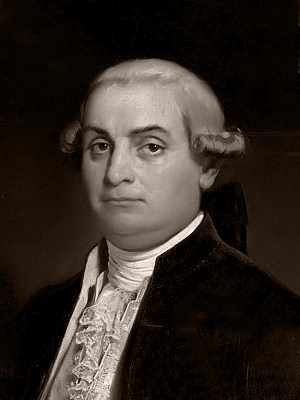Beccaria, Cesare

Cesare Beccaria was the eldest son of a
a noble albeit not very rich family from Milan. His father descended from a branch of an illustrious Pavia family, who had obtained the title of Marquis in 1712. Between the ages of eight and sixteen he studied in the Jesuit College
Farnesiano, in Parma, and later graduated in Law in Pavia in 1758.
In the early 1960s, he entered the cultural and social circle of the Verri brothers – the very animated Accademia dei Pugni (literally, Throwing Fists Academy) – starting a fruitful collaboration with the Caffè magazine. Main topics discussed in the magazine included major economic, scientific and social issues as well as specific topics, such as grafting smallpox; all done in the name of a literature designed to be useful to society.
A fundamental text of the Italian Enlightenment was his volume Dei delitti e delle pene (1764) (On Crimes and Punishments), published anonymously to avoid censorship. The text proposed a reform of the penal system to obtain a code of clear laws, removed from the arbitrary interpretation of individual judges, to protect citizens who had the right to be considered innocent until proven otherwise.
The most complex passages discussed torture and the death penalty. Beccaria insisted on the uselessness of the death penalty for society, which instead would have benefited from punishments that were
public, prompt, necessary, of the least possible gravity in given circumstances, proportionate to the crimes and dictated by the laws.
